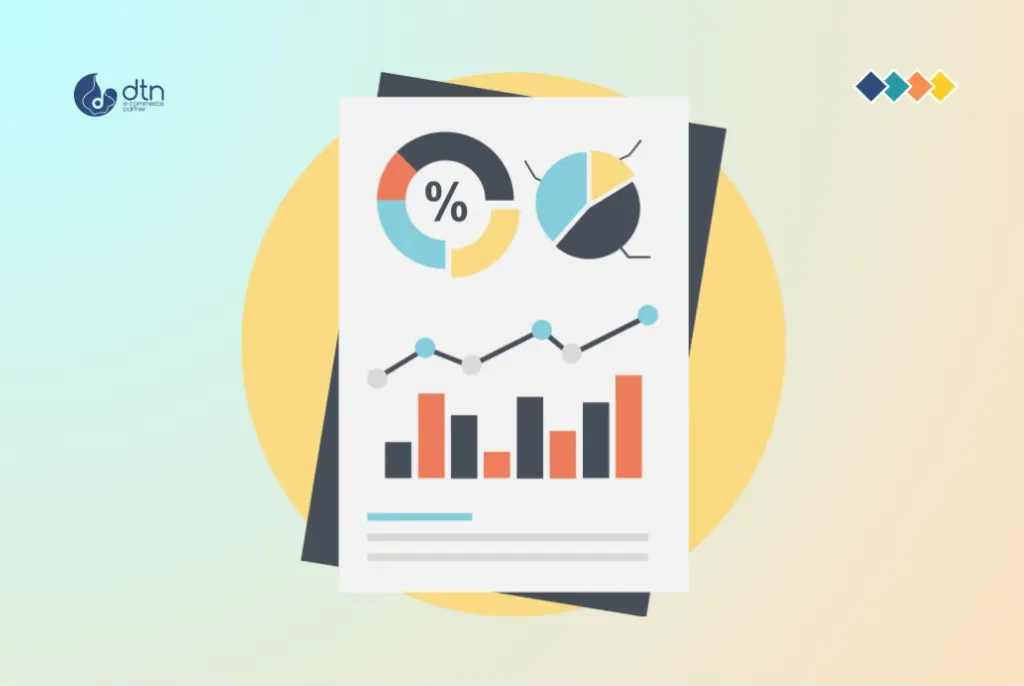In the ever-evolving e-commerce landscape, businesses constantly seek innovative ways to stay ahead of the competition. One such approach is integrating predictive analytics into their SEO strategies. By leveraging the power of predictive analytics, e-commerce companies can create personalized experiences for their customers, driving engagement, conversions, and, ultimately, revenue growth.
Table of Contents
What is Predictive Analytics?
Predictive analytics is a branch of advanced analytics that uses statistical models, machine learning algorithms, and data mining techniques to forecast future events or behaviors. In e-commerce, predictive analytics can help businesses anticipate customer needs, preferences, and purchasing patterns. By analyzing large datasets, predictive models can identify patterns, trends, and correlations that inform data-driven decisions.

The Role of Predictive Analytics in E-commerce SEO
Search Engine Optimization (SEO) is a crucial component of any e-commerce strategy. However, traditional SEO approaches often focus on generic, one-size-fits-all tactics. Predictive analytics revolutionizes this approach by enabling businesses to create personalized SEO strategies tailored to individual customer segments.
Here are some ways predictive analytics can enhance e-commerce SEO:
- Customer Segmentation: Predictive analytics helps identify high-value customer segments based on their behavior, preferences, and purchasing history. Businesses can increase engagement and conversions by targeting these segments with tailored content and SEO strategies.
- Keyword Optimization: Predictive models can analyze customer search queries, identifying patterns and trends that inform keyword optimization strategies. This ensures that businesses are targeting the most relevant and high-converting keywords.
- Content Personalization: Predictive analytics can help businesses create personalized content recommendations by analyzing customer interactions with content, increasing engagement, and reducing bounce rates.
- Product Recommendations: Predictive models can analyze customer purchasing behavior, recommend relevant products, and increase average order value.
- Technical SEO Optimization: Predictive analytics can identify technical SEO issues, such as page speed and mobile responsiveness, and provide data-driven recommendations for improvement.

How to Implement Predictive Analytics in E-commerce SEO
Implementing predictive analytics in e-commerce SEO requires a structured approach. Here are some steps to get started:
- Data Collection: Gather data from various sources, including customer interactions, search queries, purchasing history, and website analytics.
- Data Integration: Integrate data from different sources into a single platform, ensuring data consistency and accuracy.
- Model Development: Develop predictive models using machine learning algorithms and statistical techniques.
- Model Deployment: Deploy predictive models into existing SEO strategies, ensuring seamless integration.
- Continuous Monitoring: Continuously monitor and refine predictive models, ensuring they remain accurate and effective.

Real-World Examples of Predictive Analytics in E-commerce SEO
Several e-commerce companies have successfully leveraged predictive analytics to enhance their SEO strategies. Here are a few examples:
- Amazon: Amazon’s recommendation engine, powered by predictive analytics, is a prime example of personalized content and product recommendations.
- Netflix: Netflix’s content recommendation algorithm, which uses predictive analytics, has driven user engagement and retention.
- ASOS: ASOS’s use of predictive analytics has enabled the company to personalize product recommendations, increasing average order value and reducing returns.

Challenges of Predictive Analytics in E-commerce SEO
While predictive analytics offers immense benefits, there are challenges and limitations to consider:
- Data Quality: Poor data quality can lead to inaccurate predictive models, undermining the effectiveness of SEO strategies.
- Model Complexity: Complex predictive models can be challenging to interpret and deploy, requiring significant resources and expertise.
- Customer Privacy: Predictive analytics raises concerns about customer privacy, requiring businesses to ensure transparent and secure data handling practices.

Conclusion
Predictive analytics is a game-changer for e-commerce businesses seeking to create personalized SEO strategies. By leveraging the power of predictive analytics, companies can drive engagement, conversions, and revenue growth. While there are challenges and limitations, the benefits of predictive analytics in e-commerce SEO far outweigh the costs. As the e-commerce landscape continues to evolve, businesses that adopt predictive analytics will be well-positioned to stay ahead of the competition and thrive in the digital marketplace.
Frequently Asked Questions
We’ve compiled a list of answers to common questions.
What is predictive analytics in e-commerce SEO?
Predictive analytics uses data analysis to forecast future events or behaviors, aiding in personalized SEO strategies.
How can businesses implement predictive analytics in their SEO strategies?
Businesses can collect and integrate data, develop predictive models, and deploy them for targeted SEO tactics.
Can you give examples of predictive analytics in e-commerce SEO?
Examples include personalized content recommendations, tailored product suggestions, and optimized keyword targeting based on customer behavior.
What are the challenges of using predictive analytics in e-commerce SEO?
Challenges include ensuring data quality, dealing with complex models, and addressing privacy concerns related to customer data.



